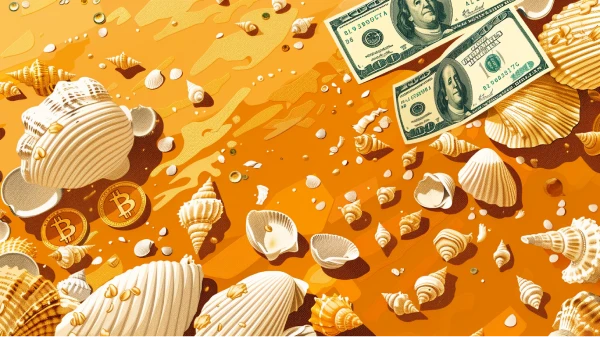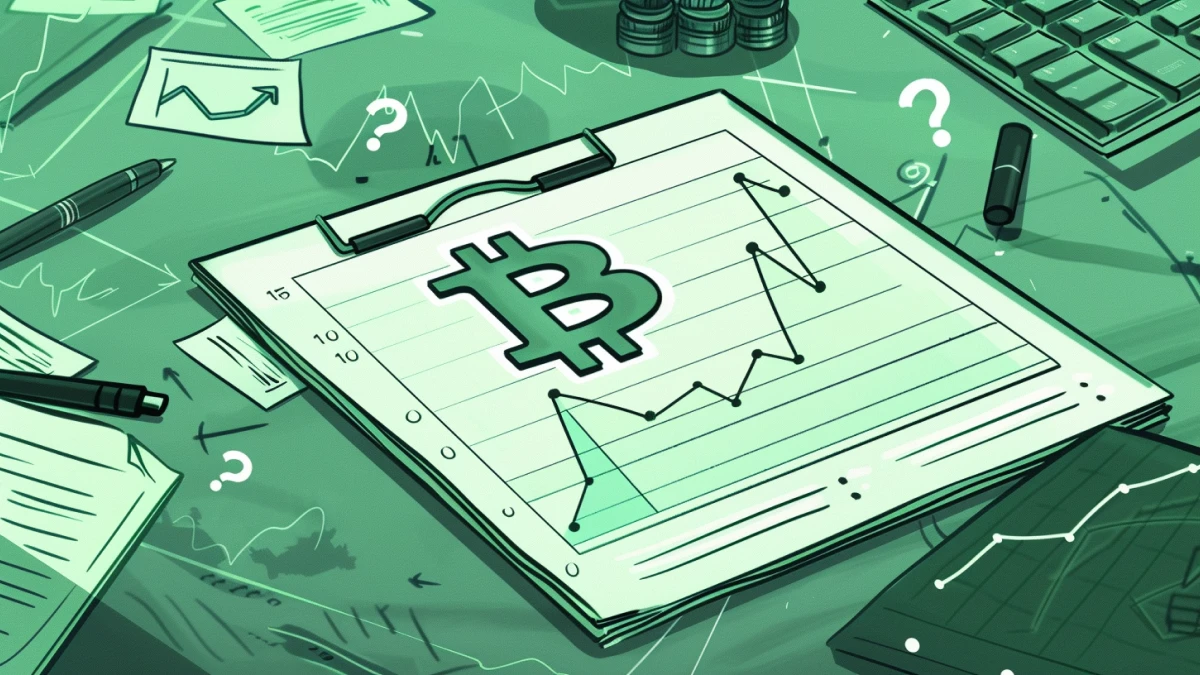Bitcoin’s Market Capitalization
The market capitalization or market cap of an asset is the total value of all of its outstanding shares. The market cap of a given asset is thus the product of the total supply of shares and the price. As of January 2026, there exist approximately 20 million bitcoin at a price of $87,000, yielding a market capitalization of roughly $1.6 trillion.
How Much Would It Cost to Buy All Existing Bitcoin
Market capitalization is a useful and common metric for measuring an asset’s relative size, but it is not an accurate measure of the cost of the entire asset. Although Bitcoin’s market cap is currently around $1.6 trillion, it would be impossible to purchase all existing bitcoin for that amount.
This is because not every holder of bitcoin is willing to sell at the current price point. Additionally, many bitcoin are thought to be lost forever by people who lost their private keys or died. Satoshi Nakamoto, Bitcoin’s creator, disappeared in 2011, possibly leaving nearly 1 million bitcoin unspendable. Most market cap calculations still count these lost coins.
If an entity with $1.6 trillion decided to attempt to buy the entire supply of bitcoin, they could place an order to buy $1.6 trillion worth of bitcoin at the current price of $87,000. All orders to sell bitcoin for $87,000 would be executed. After that, the buyer would be forced to raise their price and buy out all holders willing to sell at $87,001. This process would continue at an accelerating pace, and the price of bitcoin would skyrocket. Each bitcoin purchased by the buyer would come at a higher price until their $1.6 trillion was exhausted.
➤ Learn more about order books.
How Much Money Is in the World?
The global equities market represents some $125 trillion in assets. Gold, silver, and other precious metals account for another $25 trillion. The world’s total M2 money supply—all the physical cash in circulation plus deposits, promissory notes, and other liquid money instruments—is upwards of $97 trillion. Global real estate accounts for $400 trillion in assets. When you include other forms of investment, global debt, and financial derivatives, the world’s total wealth is well over $1 quadrillion or $1,000,000,000,000,000.
How Much of the World’s Money Is in Bitcoin?
In the scope of the world’s wealth, the value held in bitcoin is miniscule. If we assume that this quadrillion roughly represents the total value of assets in the world, then bitcoin represents 0.1% of all wealth in existence.
➤ Learn more about what makes Bitcoin valuable.
What Drives the Price of Bitcoin?
Many factors influence Bitcoin’s price, and there are a variety of players with skin in the game, from high net-worth traders to smaller holders. One of the primary drivers for growth since Bitcoin’s 2017 bull run has come from the expectation that Bitcoin could be a hedge against monetary inflation and centrally planned economies.
This is the rationale behind the investment theses of investors like Paul Tudor Jones and Stanley Druckenmiller, two wealthy hedge fund managers who announced their Bitcoin positions in 2020.
Ultimately, Bitcoin’s price is determined by the same market factors that determine any commodity or asset price: supply and demand. As more users enter the network and its market, the price theoretically should rise over time, given Bitcoin’s scarcity. Only 21 million will ever be minted, and the annual inflation rate—how many are minted each year—is cut in half roughly every four years.
➤ Learn more about Bitcoin halvings.
Last updated May 4, 2021Key Takeaways
- Global wealth is estimated at just over $1 quadrillion, while Bitcoin's market cap is just over $825 billion. Bitcoin thus represents 0.0825% of global wealth.
- Like gold, Bitcoin, is considered by many investors as a hedge against government policies such as quantitative easing, capital controls, and negative interest rates. Like gold, Bitcoin is a non-national currency.


